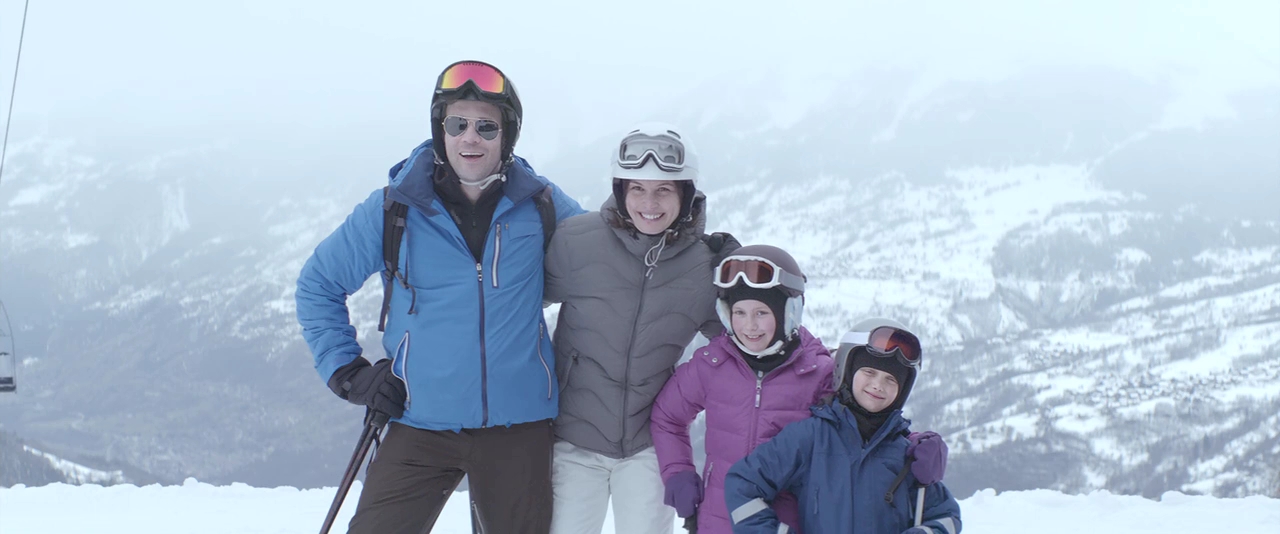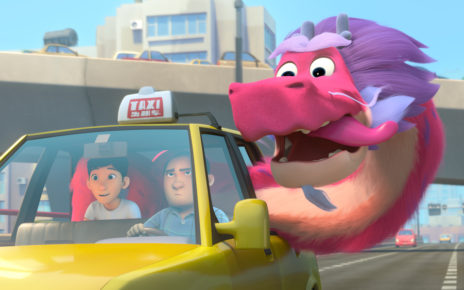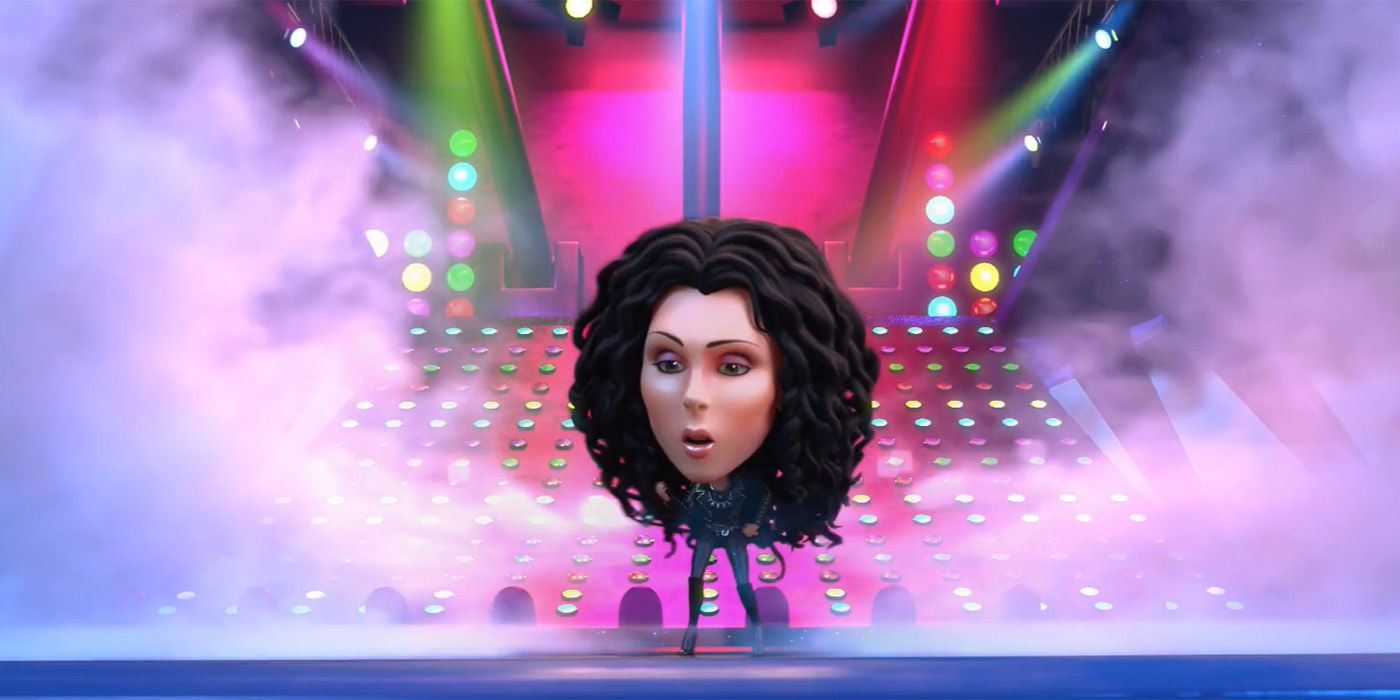Years ago, Roger Ebert taught a truism I’ve never forgotten: the best way to critique a film is to make a better film. I don’t know if this is an Ebert original; it matters not to me. Thanks to The Good Lie, Million Dollar Arm now looks like Caucasio-centric manipulative Disney crap. Thank you, The Good Lie. I wish there were a hundred more of you.
I imagine most of us think of Sudan as a land of arid somber. The Good Lie certainly didn’t detract from said preconception when a small village is attacked by a warlord leaving all for dead, and making homeless desert orphans of five pre-pubescent children. The group decides to head to Ethiopia. Now, ask yourself – how bad is your life when Ethiopia is the place you have to go to make it better? Together, the five share two possessions, the bottom of coke bottle, useful for identifying if someone in your group is sleeping or dead and one cooking pot which serves as eating vessel a nd urinal all in one. The first thirty minutes of The Good Lie are not easy, but I’m glad I wasn’t cheated. Watch the kids chase two fully grown cheetahs from their kill. How the f*** did you film that? That takes some serious Dead Sea stones, y’know?
nd urinal all in one. The first thirty minutes of The Good Lie are not easy, but I’m glad I wasn’t cheated. Watch the kids chase two fully grown cheetahs from their kill. How the f*** did you film that? That takes some serious Dead Sea stones, y’know?
One thousand miles later … yes, one thousand, and it’s not like the kids had an ATV, they all end up in a Kenyan refugee camp where they stay until three are shipped to Kansas City thirteen years later.
Yes. Even Kansas City beats a Kenyan refugee camp.
Mamere (Arnold Oceng), Jeremiah (Ger Duany), and Paul (Emmanuel Jal) have to get used to the rhythm of American life. No, this isn’t exactly new ground, but the good here is we stay with the Sudanese trio. The movie bills itself on the star power of Reese Witherspoon, but she’s just a local head hunter and barely appears in the film at all. Unlike Million Dollar Arm, The Good Lie not only provides intense back story, but stays with the people we should be staying with as they figure out things like jello, shrinkage and phones. Sister to the tr io, Abital (Kuoth Wiel) has been sent to Boston instead of Kansas City, and this becomes the crisis for the trio. American life be damned; where’s the girl we came with?
io, Abital (Kuoth Wiel) has been sent to Boston instead of Kansas City, and this becomes the crisis for the trio. American life be damned; where’s the girl we came with?
Speaking of girls, I will forever be amazed at the film that has no problem showing violent death or urine consumption and yet still shies away from the topic of sex. Three boys in their early 20s. You’re gonna tell me that the children of Sudan are consistently more drawn to cattle than, I dunno, pornography? Other than the separation of the boys from the girl, there isn’t the slightest hint of sexual identification or feeling in this film. Clearly, that wasn’t part of the story Philippe Faladeau wanted to tell. At some point, however, seeing as your players lived through the plagues of Sudan and aged thirteen years in the process, you might want to let them come of age somewhere along the line, eh?
♪I hear humdrum echoing tonight
Missouri rarely offers a lion devastation
Gotta stack those groceries just right
Not sure what on God’s green earth exactly is a “jello creation”
I stopped to see cattle on the way
Hoping both to remember and forget my troubled childhood
They turned to me as if to say, “hurry boy, it’s waiting there,” and “moo.”
It didn’t take a lot to drag me far from that zoo
Probably took miles of paperwork to get all of us through
I got the Hell out of Africa
Gonna take some time to appreciate things … like food♫
Rated PG-13, 110 Minutes
D: Philippe Faladeau
W: Margaret Nagle
Genre: Culture shock
Type of person most likely to enjoy this film: Sudanese refugees
Type of person least likely to enjoy this film: Xenophobes
♪ Parody inspired by “Africa”



